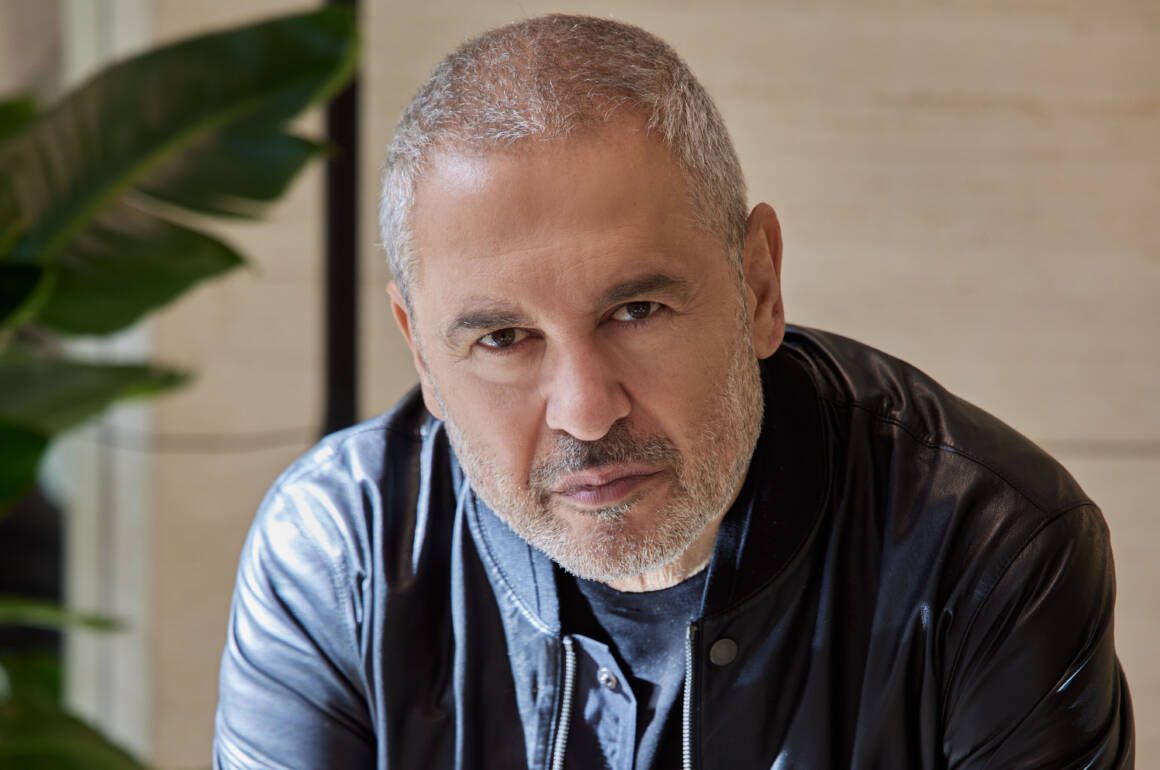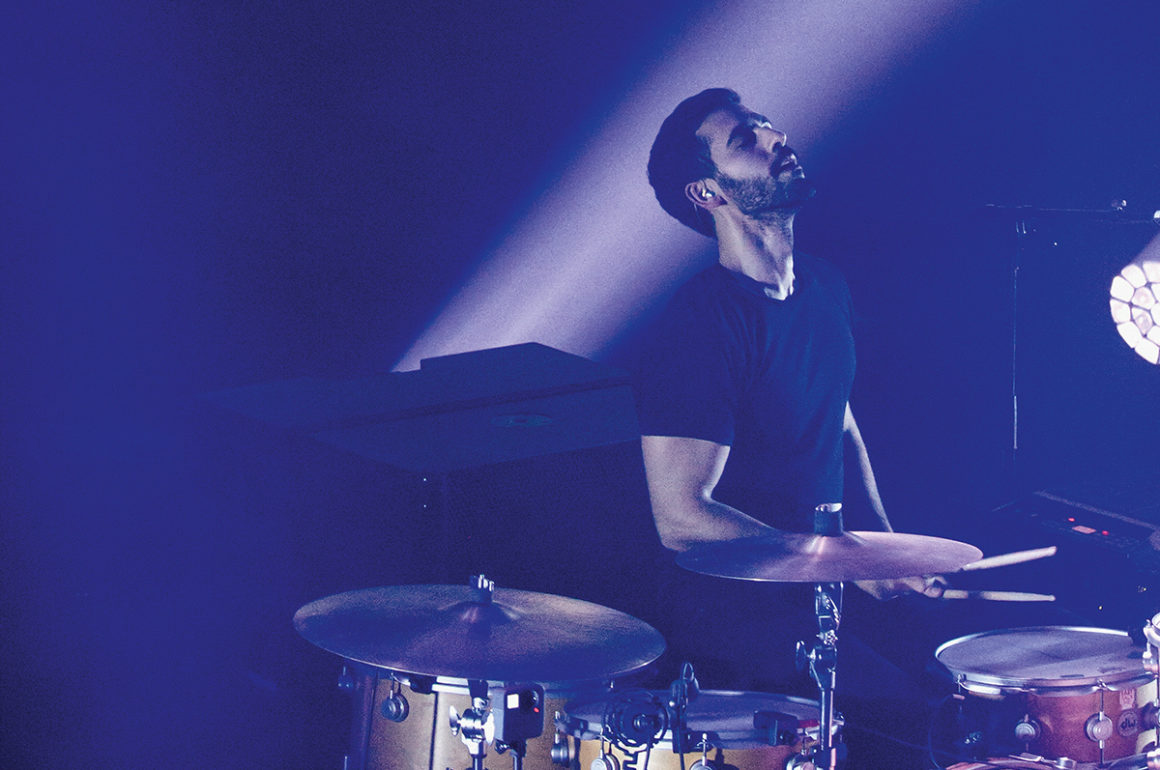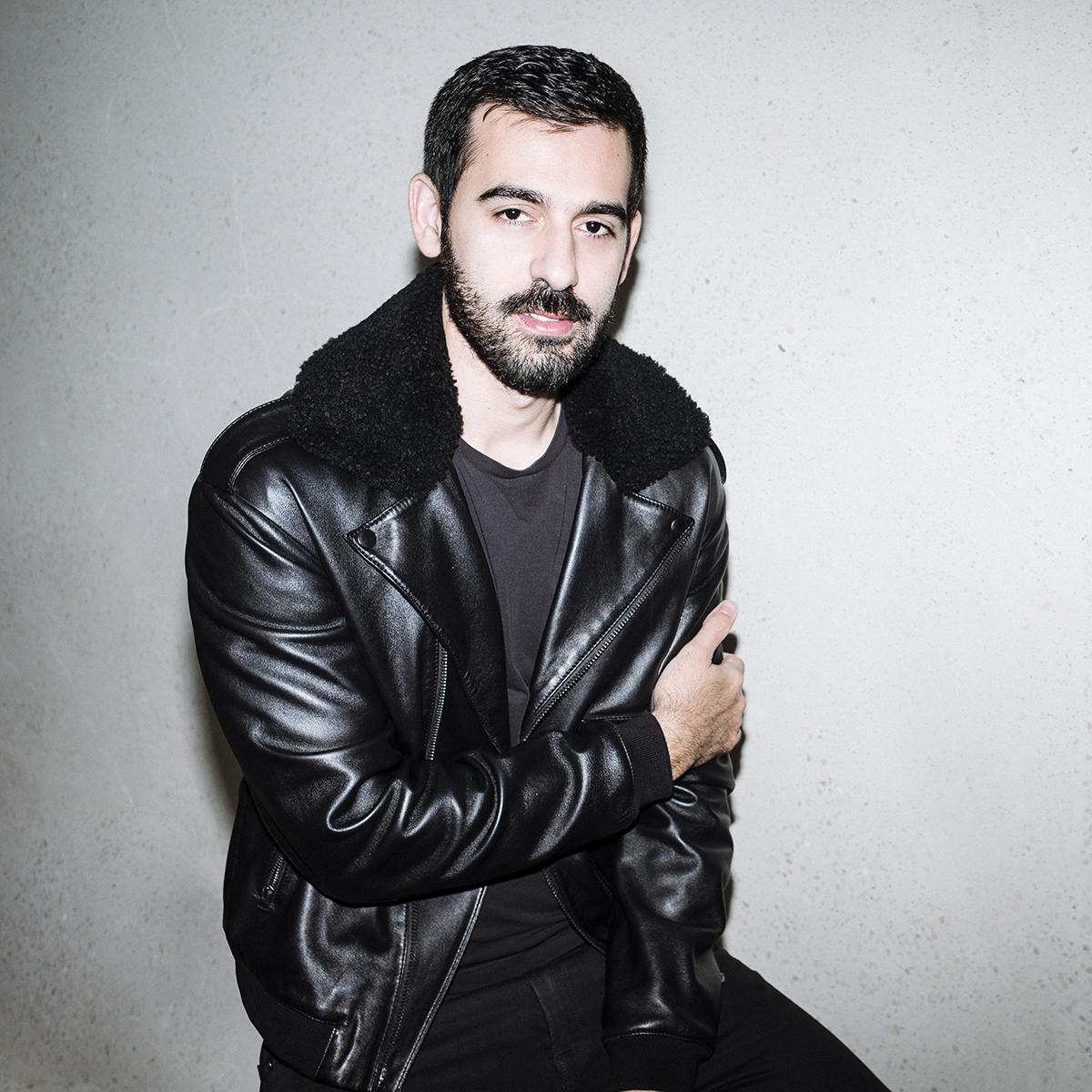
“Living in Beiruit has significantly influenced and enriched my creative journey, especially during the cosmopolitna era of the 1970s”
Elie Saab’s self-made fashion empire has spawned a world of luxury beloved by many of the world’s wealthiest and most discerning women. LUX speaks to the Lebanese couturier and entrepreneur
Elie Saab has achieved the supposedly unachievable. The designer has built his independent fashion brand, which has its origins in his home country of Lebanon, into a multimillion-dollar lifestyle business. At its heart is luxurious clothing desired by some of the world’s wealthiest, and most discriminating, women – indeed, Saab was the star of a recent Paris Haute Couture week.
He speaks to LUX Editor-in-Chief Darius Sanai about how he overcame cultural and commercial challenges to thrive in this most challenging of industries, by focusing on simply creating beauty.
LUX: Your family had to leave your home when you were a child during the civil war in Lebanon. Did this devastation and disruption affect who you are professionally today?
Elie Saab: I was in Lebanon throughout the war. We left Damour, a southern area, for Beirut because it wasn’t safe any more. My family lost their homes and jobs, and that forced me to take on responsibilities early in life and work to support my family. This led me to discover my passion, which eventually became my career.

Elie Saab began his career by designing intricate bridal gowns, gradually expanding his business on an international scale.
LUX: How do you weave the story of Lebanon, a country of beauty, history and tragedy, into your designs?
ES: Our culture and heritage shape who we are and I draw constant inspiration from them. Living in Beirut has significantly influenced and enriched my creative journey, especially during the cosmopolitan era of the 1970s. The elegance of Lebanese women during that time has strongly influenced my designs. I blend Lebanon’s essence with the charm of the Mediterranean in my creations.
LUX: You focus on femininity, beauty and celebrating royalty, even though these have gone in and out of fashion. Do you consider trends or prefer to do what you like?
ES: When I create, I think of a dress that is timeless; a dress that can be passed down from mother to daughter. The ultimate goals are for a woman who tries on my dress to feel confident and to highlight her femininity. I always want her to feel sublime.

Sketch for LUX by Elie Saab.
LUX: How important was the invitation by the Chambre Syndicale de la Haute Couture to join it in 2003?
ES: I would say the first milestone was in 1997 when I was invited to showcase my work in Rome at the Camera Nazionale della Moda, as the only non-Italian designer. After that, I decided to present my work in Paris and that is when I received the invitation of the Chambre Syndicale de la Haute Couture. This shift was another milestone for my career; I became one of the earliest non-French designers to receive such an invitation, following in the footsteps of Valentino, Armani and Versace. This major step enabled me to expand my business and step into a bigger spotlight.
Follow LUX on Instagram: @luxthemagazine
LUX: Fashion is a tough business and many talented designers have failed commercially. What does it take to succeed?
ES: This field is becoming more and more challenging. You have to distinguish yourself from the competition with a unique product. I aim to highlight the beauty of women. What we offer is wearable and classic pieces. Reaching that stage was not easy. Elie Saab has evolved into a lifestyle brand, catering to a diverse audience with different lines ranging from haute couture to ready-to-wear, perfumes and Elie Saab Maison, an entity of its own.

Beyoncé wearing an Elie Saab Haute Couture Autumn/Winter 2023 gown during her Renaissance world tour, 2023.
LUX: What have been your greatest challenges? What was the worst time?
ES: We always face challenges, they’re part of the journey to success. With no challenges come no rewards. The important thing is to learn from them. I don’t dwell on the past. I choose to take lessons from it and move forward.
LUX: How much has social media and online shopping changed the fashion business, both commercially and aesthetically?
ES: It has definitely made a big difference. I think social media is a powerful tool to promote your business. It gives you so much visibility and exposure in such a short time, which wasn’t possible before. It opens up amazing opportunities, especially giving a platform to young and emerging designers who are working hard to make their way into this industry. Yet social media can be tricky, and it is important not to confuse virtuality with reality. In a day you can go viral, so it’s important to stay consistent and true to yourself.
Read more: Two key players in British fashion raise the game for personal shopping
LUX: You looked delighted at your recent haute couture show in Paris, after the rapturous reception for Jennifer Lopez. How important are reactions to what you do?
ES: The amount of positive feedback from the press, social media and clients was, of course, very important. It reaffirmed the importance of the collection itself and how well it resonated with our audience. J.Lo was stunning as always and chose a look from the runway. The level of stress remains constant, regardless of the number of shows, until I receive reviews from clients, audience and the press. Positive feedback always boosts motivation to do more.

Jennifer Lopez at the Elie Saab Haute Couture SS24 show wearing a floor-length feathered Elie Saab cape.
LUX: You have said you were born with a vision of beauty. What would you have been if you had not been a designer?
ES: I would have become an architect. I love designing and creating. This passion expanded in 2020 when we launched Elie Saab Maison and real-estate projects, aiming to reach a wider audience and evolve into a lifestyle brand.
LUX: What’s next in the evolution of Elie Saab?
ES: We are on a roll to keep expanding, whether it’s in different house lines or in undertakings such as real estate. In 2024, we have various projects in the pipeline, such as expanding our boutiques, network and lines. There is always something to look forward to.









Recent Comments